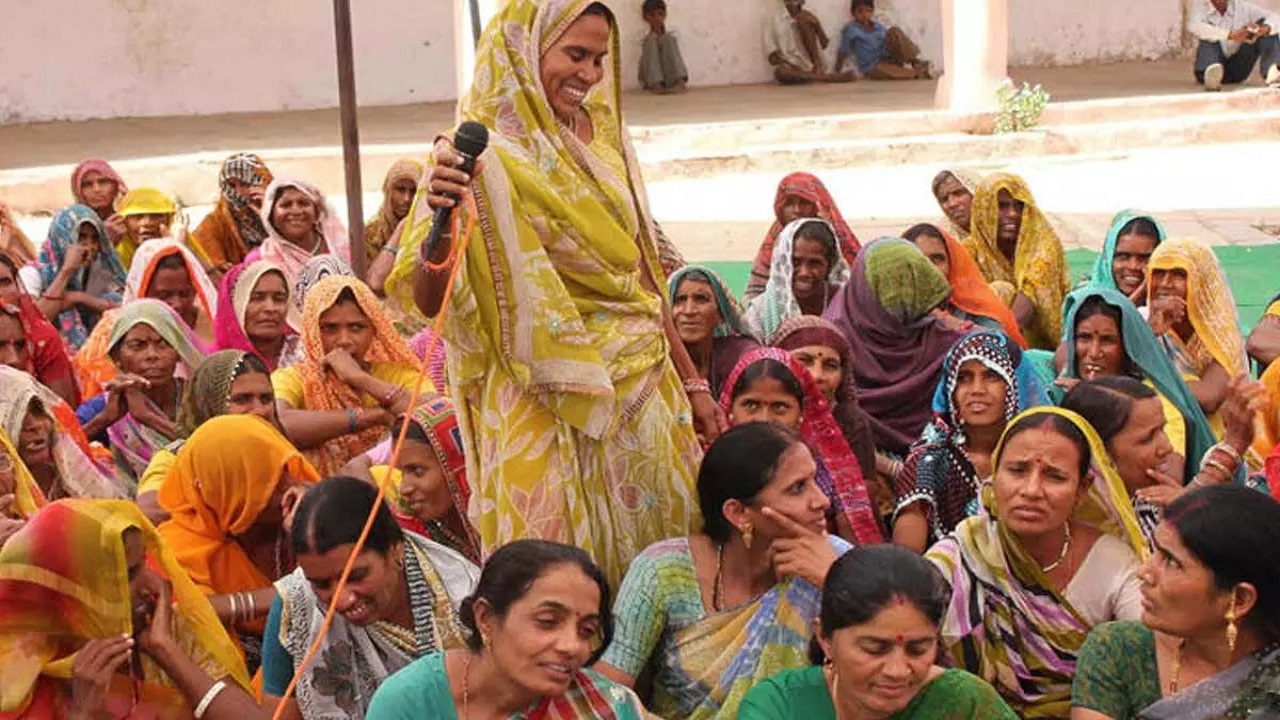Challenges Faced by Elected Women Representatives (EWRs) in Panchayati Raj Institutions
Context
- The 73rd Constitutional Amendment Act, 1992 provided 33% reservation for women in PRIs, with some states extending it to 50%.
- Despite this, patriarchal norms, lack of experience, and political pressure hinder women's leadership.
- The Ministry of Panchayati Raj formed a committee (Sept 2023), chaired by Sushil Kumar, to assess these challenges.
- Findings are based on four regional workshops in 14 states, engaging governments and EWRs.
Key Challenges
1. Lack of Political Experience
- Many EWRs lack administrative knowledge and struggle with governance.
2. Gender-Based Discrimination
- Women are often ignored in meetings, with officials preferring male counterparts.
3. Patriarchal Norms
- Purdah system, male dominance, and social restrictions limit women's participation.
4. Political Pressure & Threats
- Intimidation, coercion, and misuse of No Confidence Motions weaken women’s authority.
5. Socio-Economic Disadvantages
- Many EWRs belong to SC/ST/Minority groups, facing additional discrimination.
- Domestic responsibilities further limit their governance role.
6. Lack of Training & Mentorship
- No structured programs to enhance leadership or guide new EWRs.
7. Short-Term Reservation
- 5-year reservation cycle is too short for leadership development.
8. Weak Legal Deterrence
- Laws against proxy rule (Pradhan Pati, Sarpanch Pati) are poorly enforced.
Recommendations & Way Forward
1. Strengthen Legal Framework
- Strict penalties against proxy rule and coercion.
2. Capacity Building
- Leadership training, financial education, and mentorship programs for EWRs.
3. Structural Reforms
- Extend reservation tenure beyond five years for continuity.
4. Awareness & Gender Sensitization
- Campaigns to change societal attitudes and promote women's leadership.
Conclusion
- Legal, structural, and social reforms are needed to empower EWRs.
- Implementing these changes will strengthen grassroots democracy and ensure effective women’s leadership in PRIs.




Comments (0)